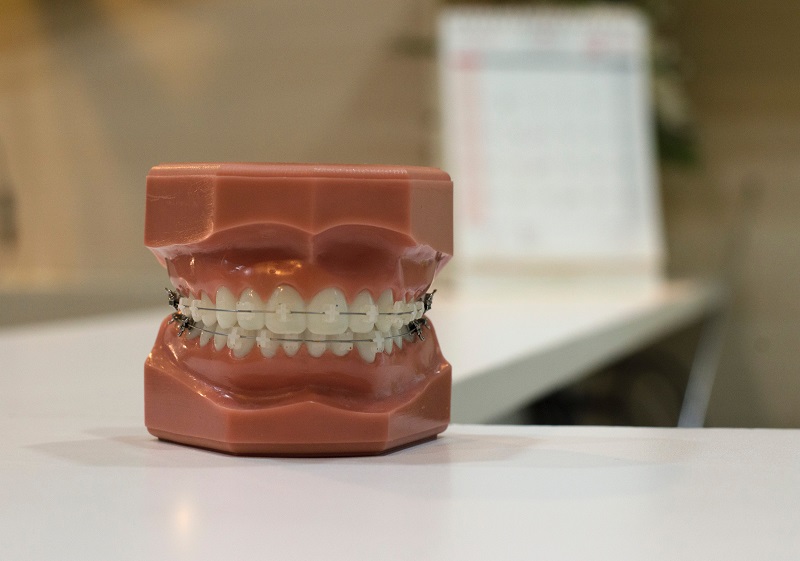
What is Orthodontics?
Orthodontics is the branch of dentistry that specializes in the diagnosis, prevention, and treatment of dental and facial irregularities. The technical term for these problems is "malocclusion," which means "bad bite."
Dr. Kneib applies either fixed or removable corrective appliances to bring teeth, lips, and jaws into proper alignment and to achieve facial balance. Fixed orthodontics are brackets or appliances cemented or bonded to the teeth. Removable orthodontics are any appliances that can be removed by the patients during treatment. Any orthodontic care may need multiple phases of care. All orthodontic care needs an initial workup before treatment is rendered and diagnosed.
Fixed Orthodontics
Fixed Orthodontic technology is a specialty of dental technology that is concerned with the design and fabrication of dental appliances for the treatment of malocclusions, which may be a result of tooth irregularity, disproportionate jaw relationships, or both.
There are three main types of orthodontic appliances: active, passive and functional. All these types can be fixed or removable. We provide orthodontics for both children and adults!
Orthodontics FAQs
What usually happens during an initial orthodontic exam?
In order to determine your specific needs, a dentist will completely evaluate your mouth. This will likely include:
- Impressions of your teeth, from which models are made (these are useful for the doctor, and will remind you exactly how your teeth looked before correction).
- Photographs of your teeth, face, and smile
- X-rays of your head and teeth
- Your medical health history and dental health history
The doctor will then carefully evaluate your specific needs and provide you with a treatment plan for correction. Following the recommended plan is important for proper correction.
What are spacers?
What do I do if a spacer comes out?
What causes orthodontic problems?
How early should children get an orthodontic evaluation?

